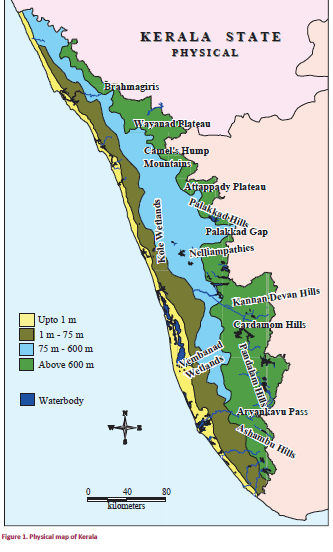Kurinji blooms at Kallippara near Santhanpara
Kurinji blooms again at Santhanpara in Idukki district
kurinji blooms again at Pooppara in Idukki district
Fires destroy kurinji seeds, plantations in Kurinji Sanctuary
Eravikulam National Park reopens after fawning season
Marakurinji flowers in Munnar
Eravikulam National Park reopens for visitors

Custom Search
